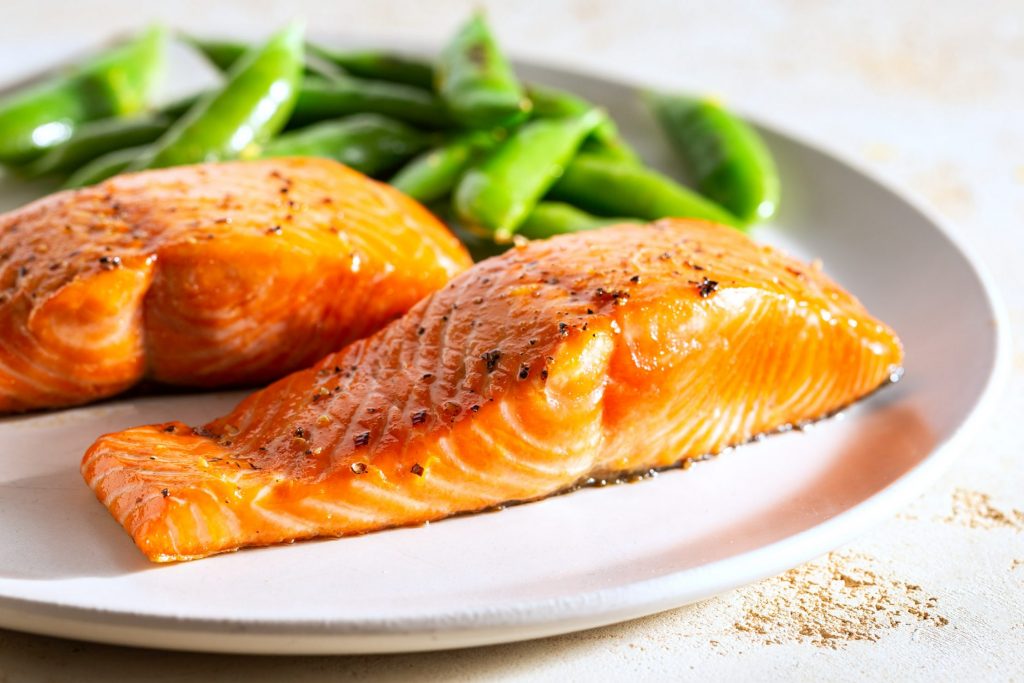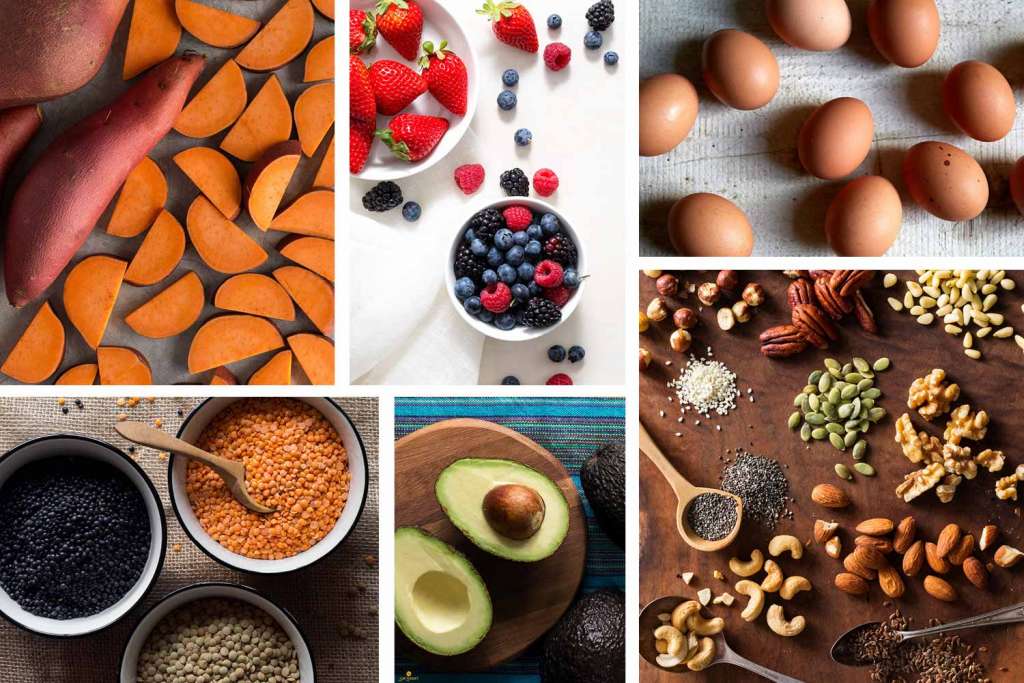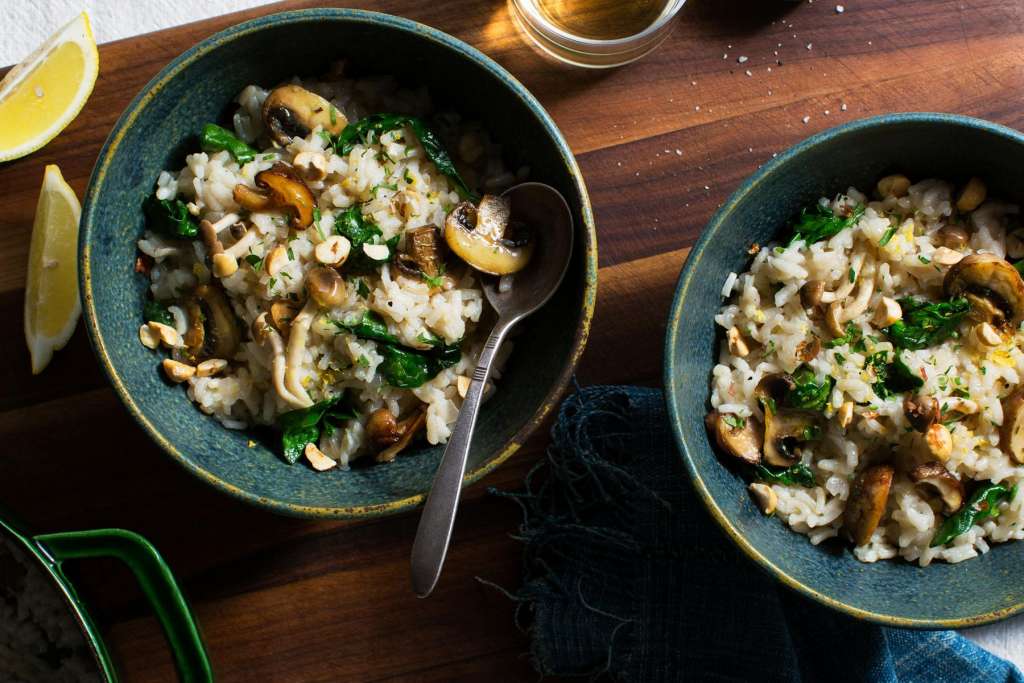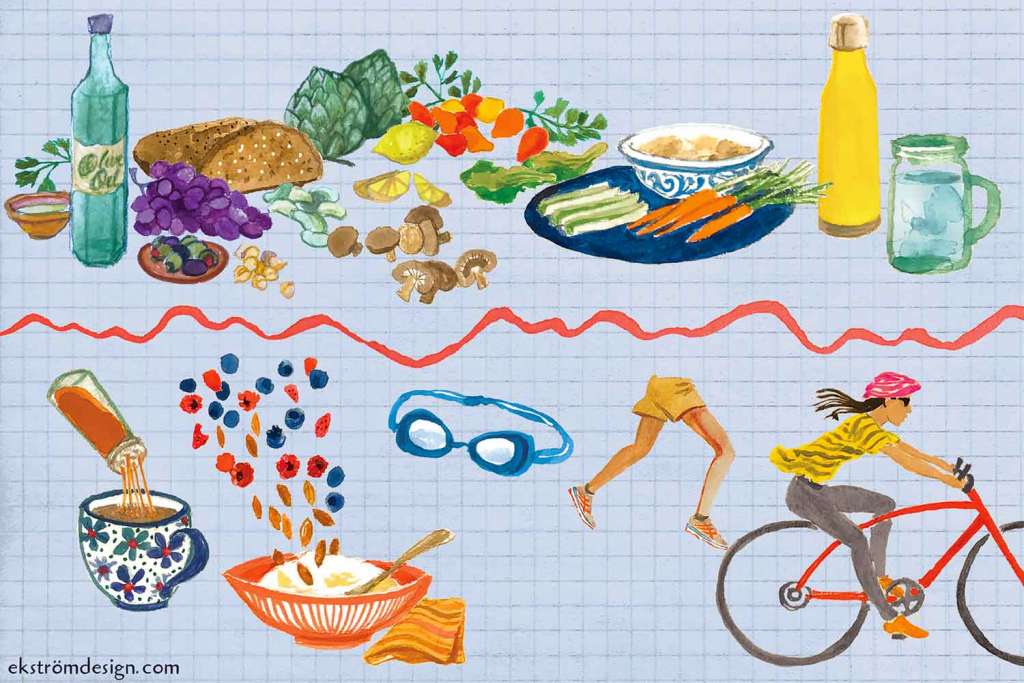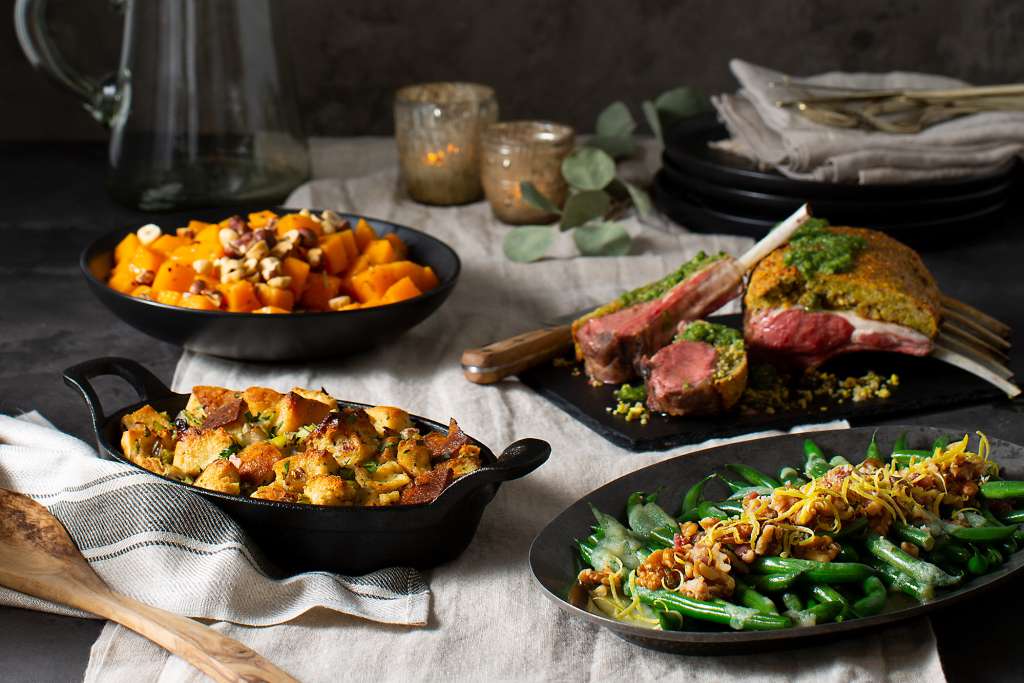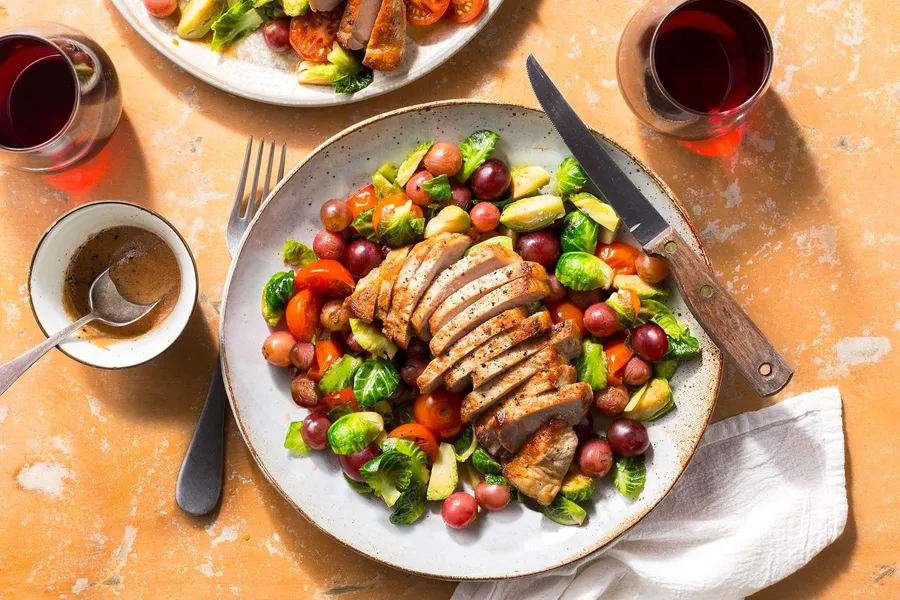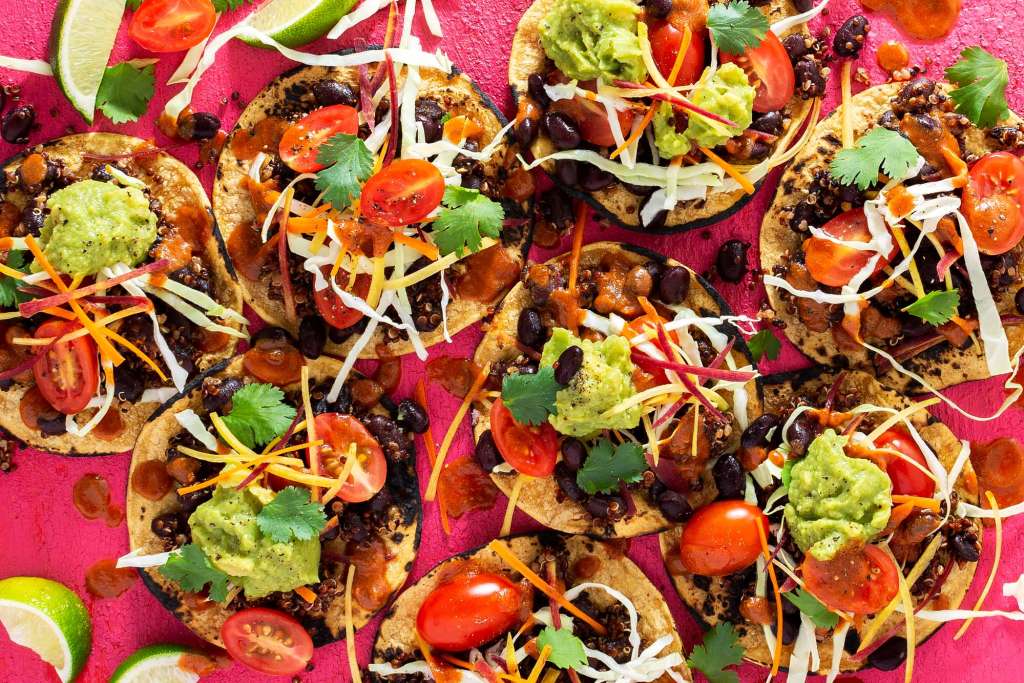Busting the Protein Myth
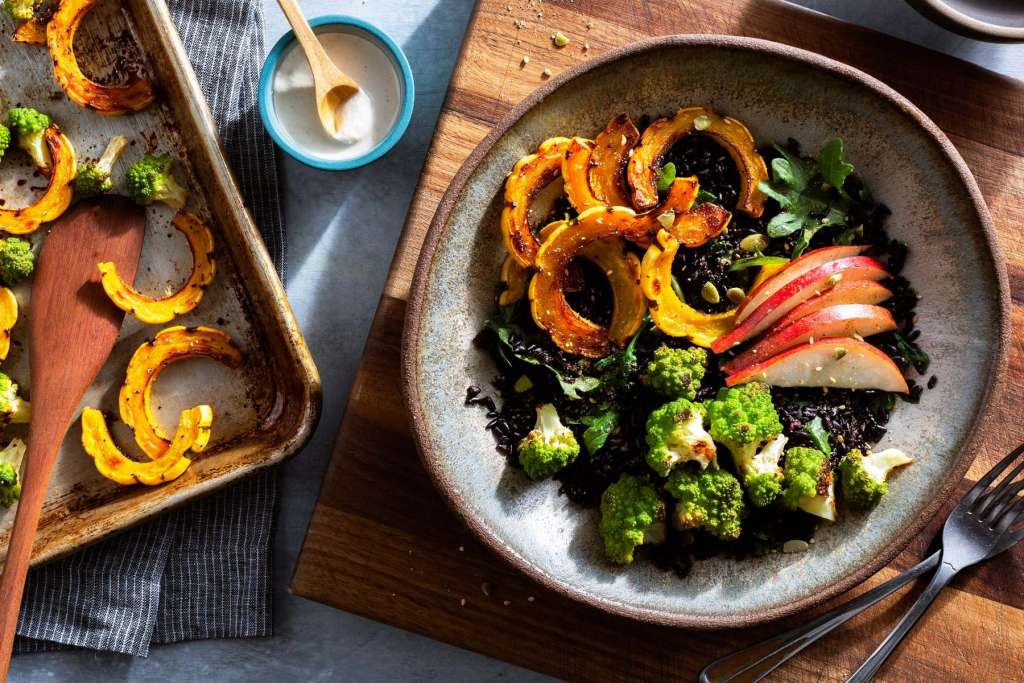
All month, Sun Basket’s Chief Science Adviser, Dr. David Katz is helping us sort facts from fictions and dispel myths about healthy eating. This week, he’s fueling us with facts about protein.
Many people are trying to follow high protein diets. Is “more” actually “better?” How much protein do we really need?
Maybe because fat and carbohydrates have been vilified, protein, the third and final class of macronutrient, has emerged as the hero. The idea seems to prevail that protein is the virtuous nutrient; that the more, the better; that we don’t get enough; that the best sources of protein are the best foods to eat; that we need to eat high-protein foods, notably meat, to build muscle. In fact, all of these ideas are wrong.
Protein is an essential nutrient, providing the essential amino acids the body needs to build its own critical protein molecules. But most Americans get far more than the roughly 0.8 g of protein per kilogram of body weight that the Dietary Reference Intake tells us we need. To translate, an adult weighing 154 lbs (70 kg) needs roughly 56 grams of protein daily. There’s about 30 grams of protein in a mere 3.5 oz of chicken breast (about the size of a deck of cards); about 20 grams in a half cup of tofu; and about 10 grams in a half cup of cooked beans. You start to see how easy it is to get to 56 grams, and much more, over the course of a day.
Protein in excess of what the body needs doesn’t turn into extra muscle, it’s simply excess calories. The healthy approach to protein isn’t, “the more the better,” but rather the better the protein-containing foods you eat, the better. It all comes down to quality foods and quality meals made from them.
Lean meats, fish, eggs, and dairy are all excellent protein sources. But all plant foods contain all of the essential amino acids, too. Even a vegan diet that’s balanced and made up of wholesome foods, readily provides all of the necessary protein, in terms of both quantity and quality, that a body needs. As for the idea that we need to eat meat to be strong or grow our muscles, think about a horse, or for a closer animal cousin to us, a gorilla. These mountains of muscle are made from plant foods. Humans can make muscle from plant proteins, too.
Are certain forms of protein better than others? What are the best food sources of protein?
There is a time-honored, formal measure of “protein quality” used by government agencies and health professionals, but it has important limitations. Traditionally, the quality of protein has been based entirely on the concentration of protein in a food, and the relative concentration of the essential amino acids. That metric tends to favor meat over plant sources. But the Dietary Guidelines for Americans specifically encourage more plants and less meat in our diets. I’m involved in a project to update the definition of protein quality so that it reflects the quality of the food source of that protein, rather than the protein concentration of a given food.
High-quality foods should lead to high-quality health. With that in mind, and noting that all of the best diets are “mostly plants,” it’s good to get much of your protein from wholesome plant foods. The most concentrated sources are legumes—beans, chickpeas, lentils, peas. But there is protein in nuts, seeds, whole grains, in some vegetables, and even a bit in fruit; over the day, it all adds up. So a variety of wholesome plant foods is always desirable. Of course, protein is even more concentrated in meat, eggs, and to a lesser extent, dairy. If you eat these, make sure it’s the good stuff, from animals that are well tended and well fed, and place the emphasis on fish and seafood.
Since most of us get more than enough protein from our foods, there’s not much reason to shop protein powders and the like, unless you are a competitive bodybuilder.
What You Really Need to Know About Protein:
- Focus on the quality of the food, rather than the quality of the protein. Yes, beef has more concentrated protein than beans, but the net effect of adding beans to your diet would almost certainly be a benefit to your health, whereas the addition of beef is apt to do the opposite. Also—and, yes, this is important—sourcing more protein from plant foods is far better for the environment.
- More is not better. Protein deficiency is all but unheard of in the United States. Most of us get plenty of protein. Focus on eating balanced meals of high-quality foods, and the protein content will take care of itself.
- Balance and variety are key. Wholesome foods in sensible combinations deliver ample protein while also optimizing the delivery of other key nutrients, from fiber to omega-3 fats, antioxidants to essential minerals. Get plenty of good protein in your diet by focusing on the composition of that diet. In other words, focus on foods first, and let the nutrients—including protein—follow.
